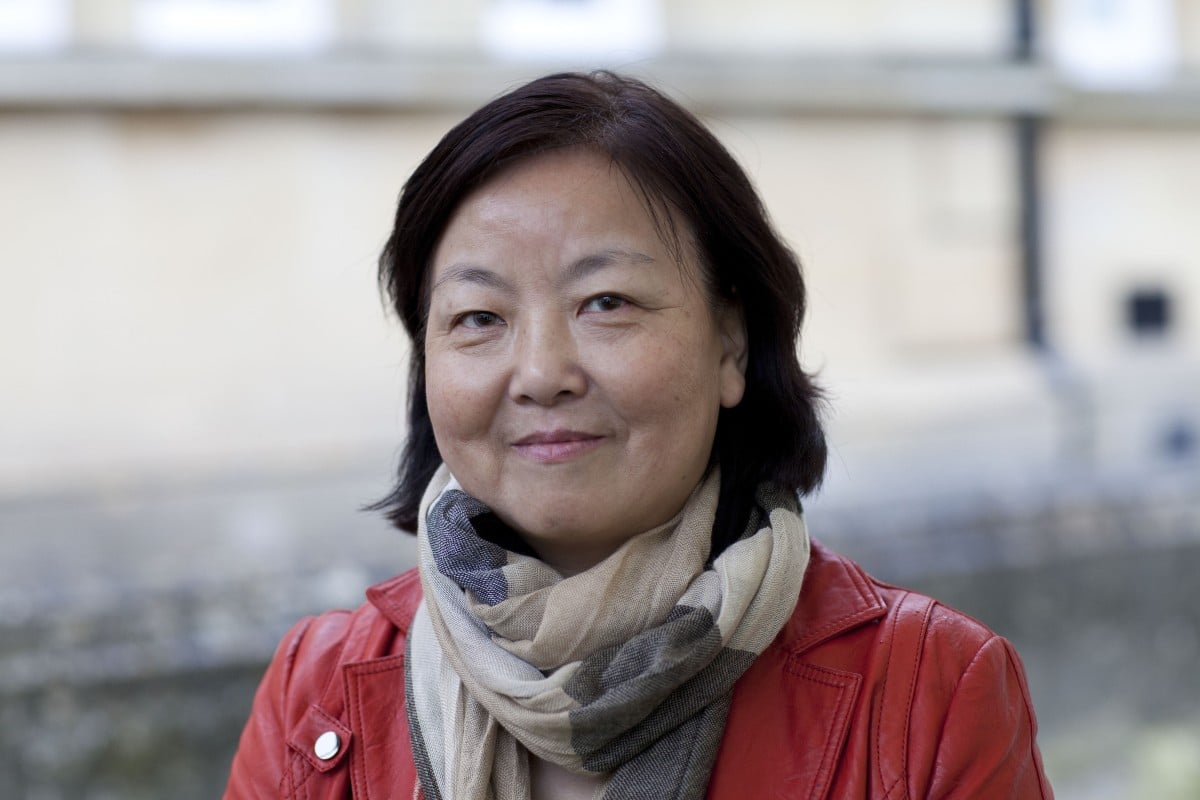Source: NYT (10/15/20)
The Untold Technological Revolution Sweeping Through Rural China
阅读简体中文版 | 閱讀繁體中文版
By Clive Thompson

“Young, able-bodied workers, especially young men, untethered from car or house ownership, job or family are threats to political stability,” Xiaowei Wang writes. Credit…Ian Pearce
BLOCKCHAIN CHICKEN FARM
And Other Stories of Tech in China’s Countryside
By Xiaowei Wang
Raising free-range chickens isn’t easy, a Chinese farmer named Jiang tells Xiaowei Wang in a fascinating new book, “Blockchain Chicken Farm.” Why? “Chickens aren’t very smart,” he notes; if you leave lights on, they’ll cluster around “and they overcrowd each other, killing each other. A kind of chicken stampede.” Even if you get the chickens safely grown in their sunny, free-range yards, you have a new problem: You have to convince your finicky customers, in far-off cities, that you’re telling the truth about how the chickens were raised.
So Jiang turned to high-tech chicken surveillance. He outfitted his chickens with wearable legbands that record their movements — “a chicken Fitbit of sorts” — and worked with a tech start-up to record the data on a blockchain. A blockchain is a type of software, most famously used to create Bitcoin, that can make nearly tamper-proof digital records. When customers buy the chicken, they don’t need to take Jiang’s word that his birds strolled around in the sunshine. They can trust the implacable math. Blockchain in this case is a clever tech solution that also happens to have a bleak libertarian philosophy behind it. As Wang notes, some blockchain coders are fond of citing Thomas Hobbes’s dismal view of human nature: Nobody can trust anyone else. Continue reading Blockchain Chicken Farm review














